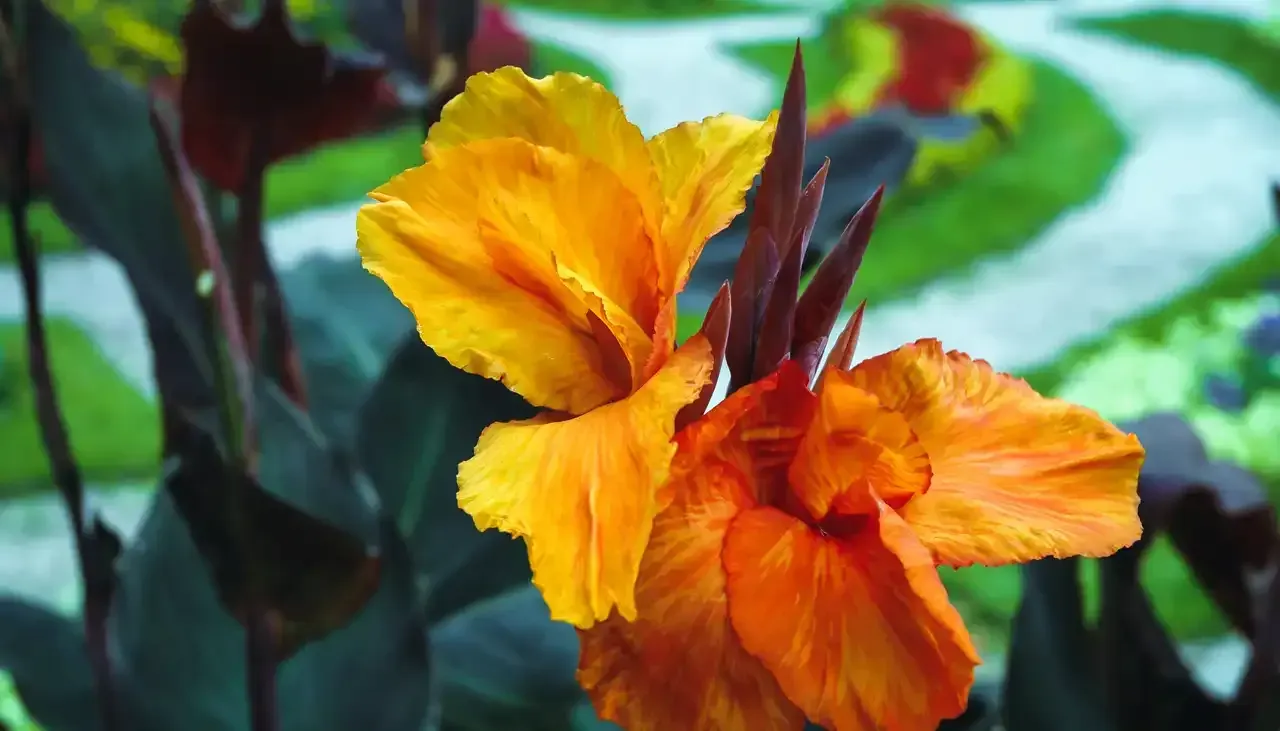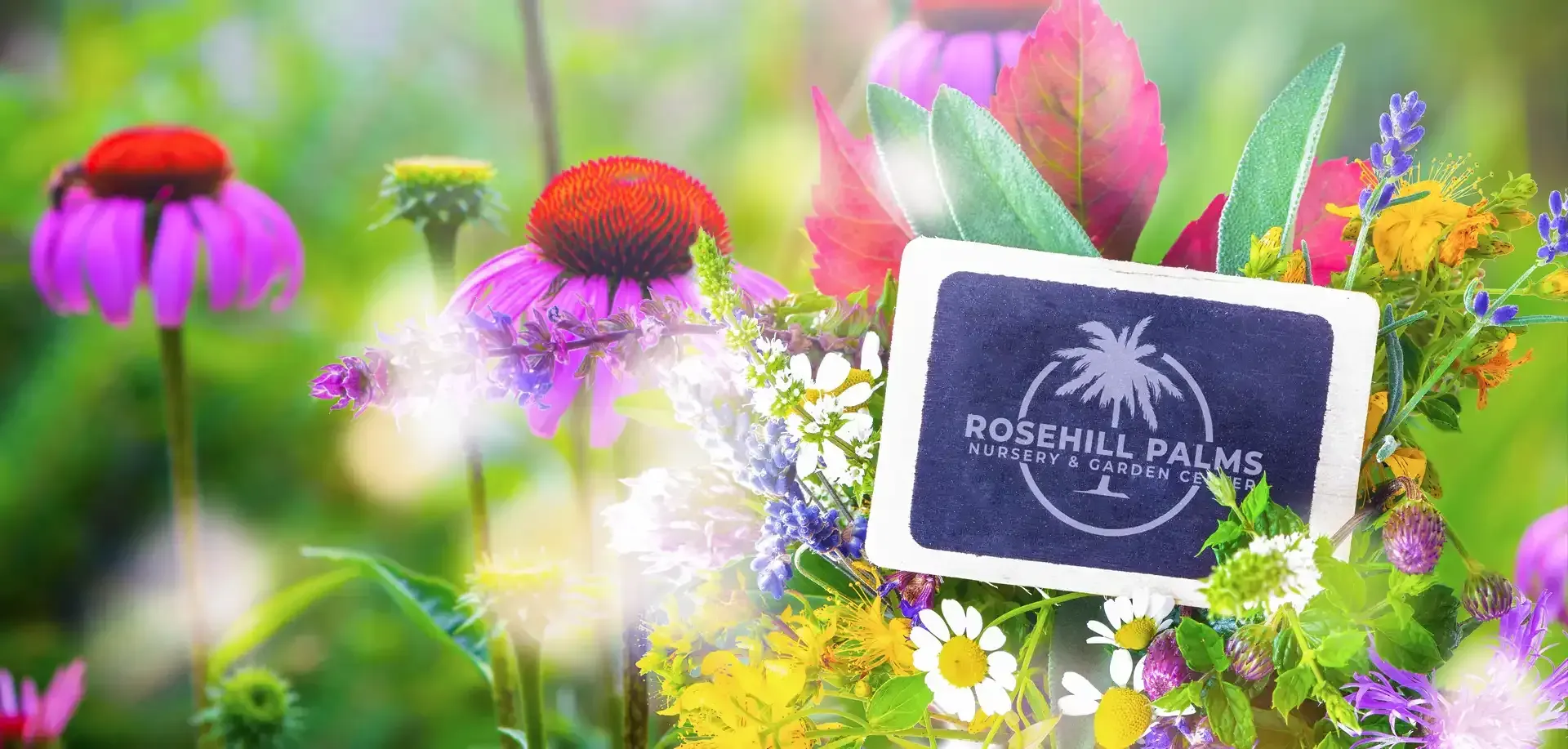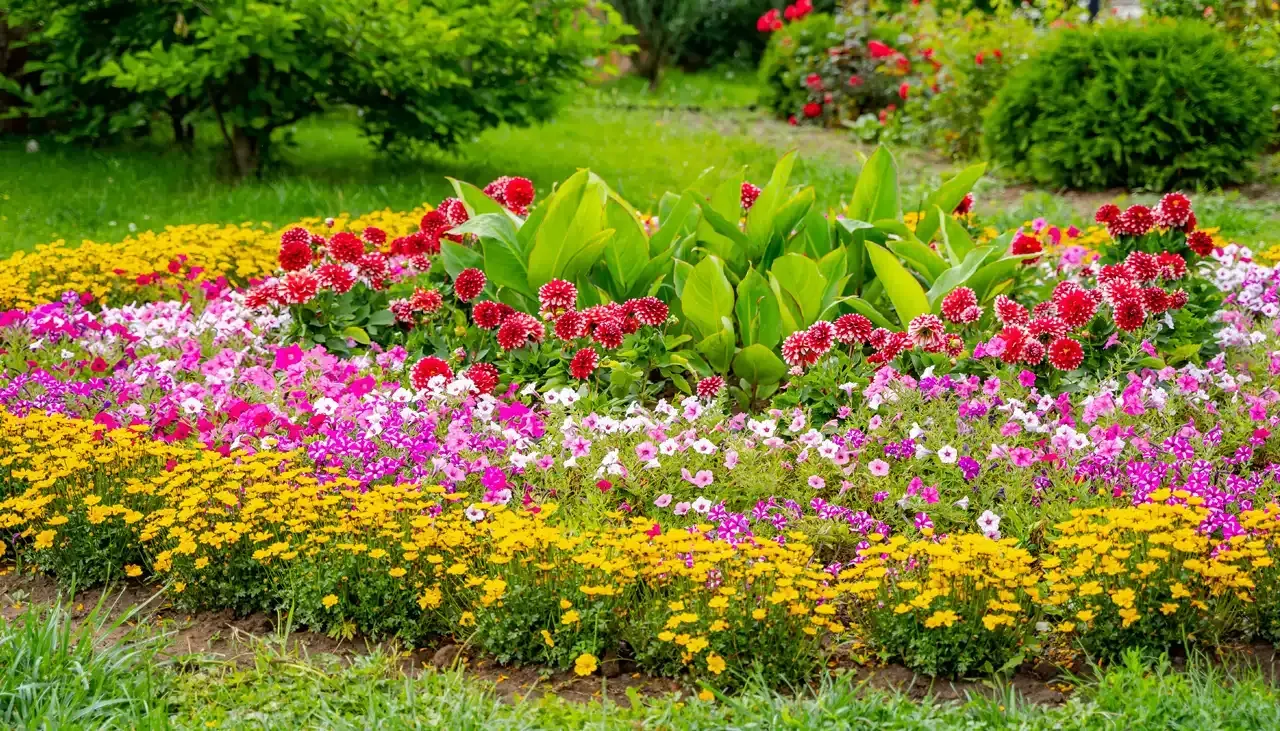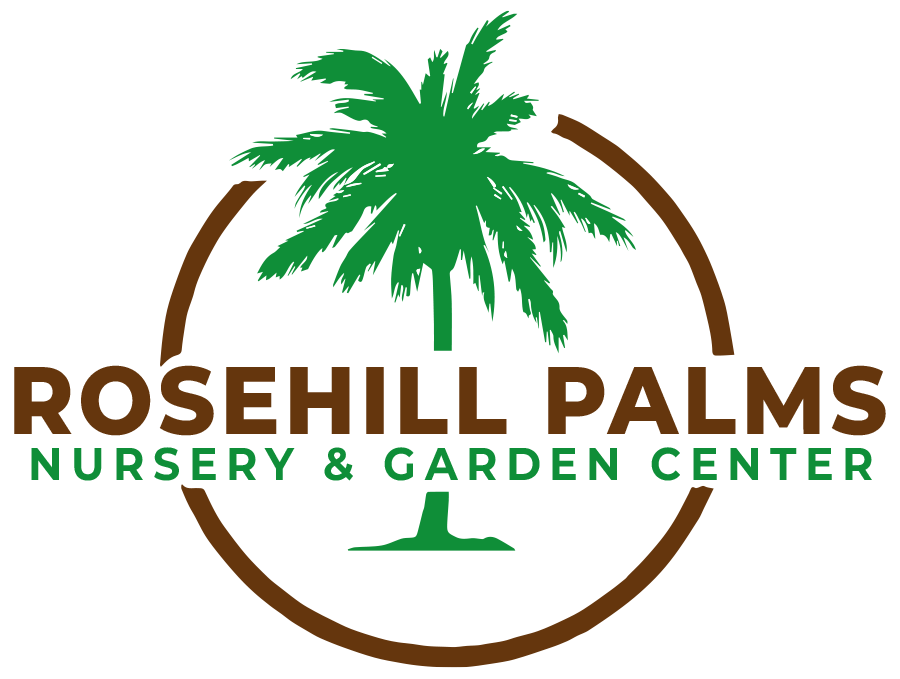Best Types of Mulch for Houston Summer Gardens
One of the best ways to protect your garden and help it thrive in these conditions is by using mulch. This blog will explore the importance of mulch, considerations for choosing the right type, and the benefits and best practices for both organic and inorganic mulch options.
Importance of Mulch in Summer Gardens
Houston summers are notorious for their extreme conditions. The intense heat can cause soil to dry out quickly, leading to stressed and dehydrated plants. Droughts, although sometimes brief, can exacerbate this issue by limiting the water available to your garden.
On the flip side, when the rains do come, they can be heavy and sudden, causing soil erosion and nutrient runoff. These weather patterns create a challenging environment for gardeners who must find ways to protect their plants and maintain soil health.
Mulching Benefits
Mulch is a versatile tool that offers numerous benefits for summer gardens, particularly in a challenging climate like Houston's.
Moisture Retention
Mulch acts as a barrier, reducing the rate at which water evaporates from the soil. This helps keep the soil moist for longer periods, which is crucial during hot, dry spells.
Temperature Regulation
By covering the soil, mulch helps regulate its temperature, keeping it cooler during the scorching summer days and reducing the stress on plant roots.
Weed Suppression
A layer of mulch can inhibit weed growth by blocking sunlight from reaching weed seeds. This reduces competition for water and nutrients, allowing your garden plants to flourish.
Soil Improvement
Organic mulches decompose over time, adding valuable nutrients to the soil and improving its structure. This can enhance soil fertility and promote healthier plant growth.
How to Choose the Right Mulch: Organic Mulch vs Inorganic Mulch
When selecting mulch for your garden, consider the following factors to ensure you choose the most suitable type:
Plant Types
Different plants have varying needs. For instance, vegetable gardens might benefit from straw mulch, while ornamental beds might look and perform better with bark mulch.
Maintenance Preferences
Consider how much time you can dedicate to maintaining your mulch. Some types, like compost, need regular replenishing, while others, like rubber mulch, are low-maintenance.
Garden Goals
Determine what you want to achieve with your mulch. Are you primarily looking to suppress weeds, retain moisture, improve soil health, or enhance the aesthetic appeal of your garden?
For summer gardens, organic mulches are ideal, as inorganic mulch like gravel and rubber can become too hot from the sun and damage your plants.
Organic Mulch
Benefits of Organic Mulch
Organic mulches, derived from natural materials, offer several advantages for gardens, especially in terms of soil health and sustainability. They decompose over time, enriching the soil with organic matter and nutrients. This process helps improve soil structure, water retention, and root development. Organic mulches also tend to be more environmentally friendly and can be sourced from garden waste, making them a sustainable choice.
Types of Organic Mulch
Wood chips are excellent for moisture retention and temperature regulation. They decompose slowly, providing long-term soil benefits. They are also aesthetically pleasing, giving your garden a neat and natural look.
Wood chips are ideal for garden paths, flower beds, and around trees and shrubs.
Bark Mulch
Bark mulch, especially from hardwoods, is durable and long-lasting. It’s effective in weed suppression and has a decorative appeal. Bark mulch is great for perennial gardens and landscaped areas.
Straw
Straw is lightweight and easy to apply, making it ideal for vegetable gardens. It retains moisture well and can be a good insulator for plant roots. It’s particularly useful for annual beds and crops like strawberries.
Grass Clippings
Grass clippings are rich in nitrogen and readily available. They decompose quickly, adding organic matter and nutrients to the soil. Grass clippings work well in vegetable gardens and around young plants.
Compost
Compost is nutrient-rich and enhances soil fertility. It improves soil structure and supports healthy plant growth.
Compost is suitable for all types of gardens, particularly those aiming to improve soil health and fertility.
Inorganic Mulch
Benefits of Inorganic Mulch
Inorganic mulches, made from synthetic or non-decomposing materials, offer distinct advantages. They are generally low-maintenance, long-lasting, and effective in weed control and moisture retention. While they do not improve soil fertility directly, their durability and stability make them a practical choice for many gardeners.
Types of Inorganic Mulch
Gravel & Pebbles
Gravel and pebbles provide excellent drainage and are very durable. They are ideal for xeriscaping and areas prone to heavy rains as they prevent soil erosion. These are best used in rock gardens, pathways, or around plants that prefer dry conditions, such as succulents.
Rubber Mulch
Rubber mulch is long-lasting and doesn’t decompose. It’s excellent for weed suppression and provides good insulation for soil temperature. Rubber mulch is ideal for playgrounds, decorative areas, and around ornamental plants. Ensure it’s kept away from plant stems to avoid potential toxicity issues.
Landscape Fabric
Landscape fabric effectively suppresses weeds while allowing water and nutrients to penetrate the soil. It’s durable and reduces the need for frequent weeding. It is often used in conjunction with another type of mulch.
Landscape fabric is suitable for flower beds, vegetable gardens, and around trees and shrubs.
Conclusion
Choosing the right mulch for You Houston summer garden is essential for maintaining healthy and vibrant plants. Each type of mulch offers unique benefits that can help your garden thrive.
By understanding the specific needs of your plants and garden goals, you can select the most suitable mulch and apply it effectively.
Rosehill Palms
18511 FM 2920 Rd, Tomball, TX 77377
Proud member of the
Please feel free to contact us via the form below. We will give you an answer as soon as possible!
Contact Form Blog
We will get back to you as soon as possible.
Please try again later.
Rosehill Palms | Developed by Urdaneta Group WSI | All Rights Reserved 2025
Rosehill Palms | Developed by WSI Houston | All Rights Reserved 2024





